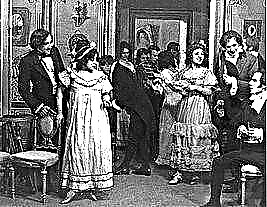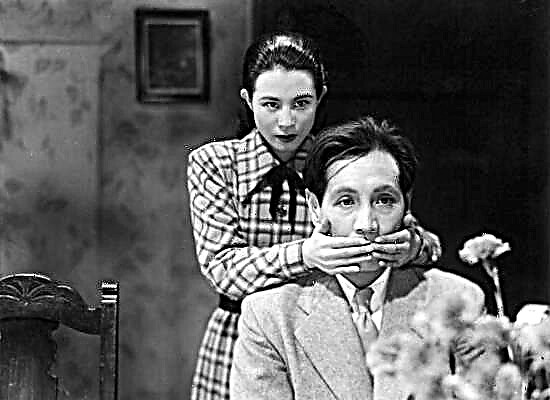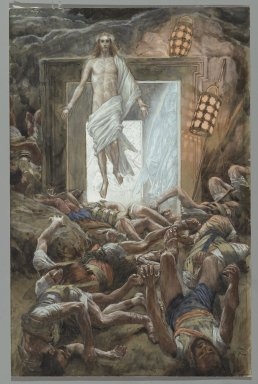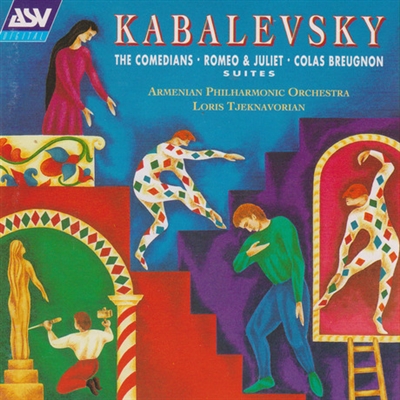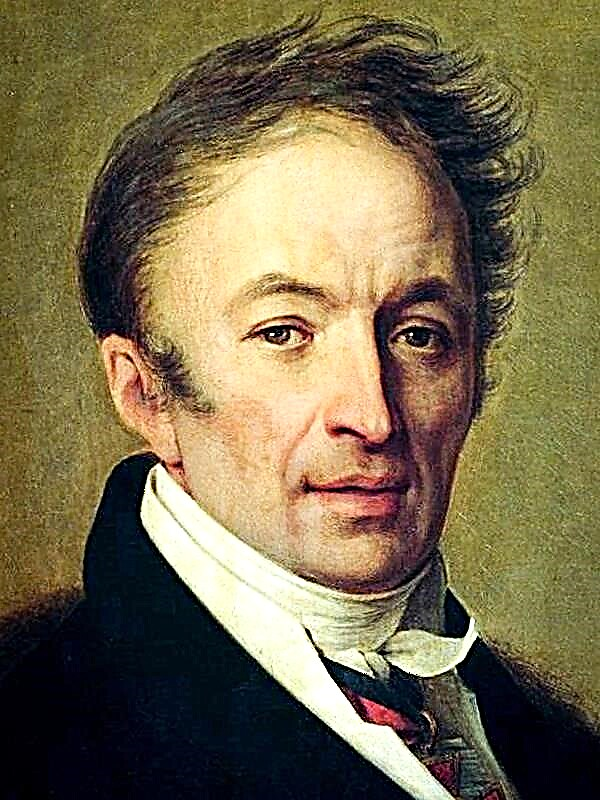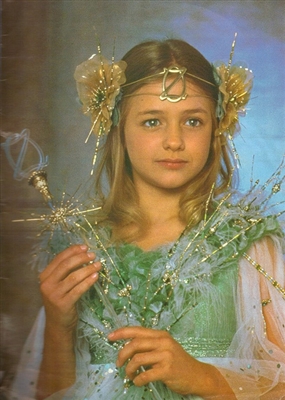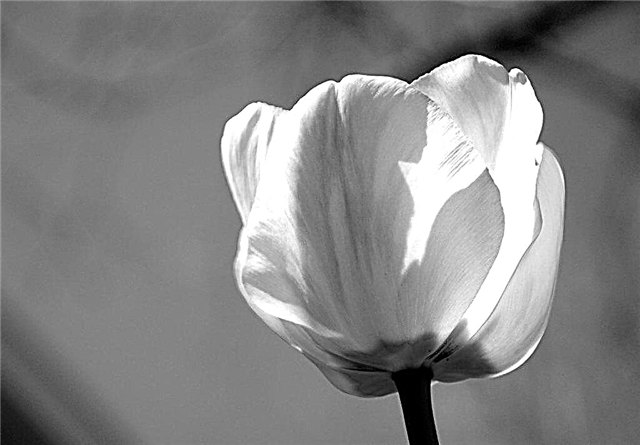(332 words) In the period from 1890 to 1920, which researchers called the "Silver Age", Russian literature discovered many geniuses and innovators. Acmeists, imagists, symbolists, futurists - many directions with their own ideology and names, each of which has been known since school time. Adored by Sergey Yesenin with his “pouring raging hair with wine”, a stunning Block, whose “girl sang in the church choir for all those forgotten in her native land”, an unforgettable and impressive century of leap up, flowering of modern literature, poetry of elitism and intellectualism.
Perhaps the futurist Vladimir Mayakovsky most of all fell in love with me. An innovator of versification and rhythm, a supporter of the new, striving for breaking old stereotypes and foundations, a poet of hard character and character, choosing words clearly and loudly, not being afraid to use swearing is extremely appropriate.
Against the background of his decisive figure of a revolutionary of consciousness, the poem "Lilichka" turns the poet's perception. It does not at all fit with the loud odes of the revolution the image of a dearly loving and suffering man for one single woman - Lily Brik, who, being married, led a double life. The poem fully conveys the character of the poet, mixed with his strong and imperious feeling. His poetry is emotional, intimate, reflects experiences comparable in strength to the elements. This is a wonderful exposure of the soul of a strong person who is perhaps as weak as we all are. Love in his view is a cruel queen who executes and pardons by whim. And he does not rebel, does not condemn the punitive hand - he worships it, despite his own suffering. His passion is torment, languor and complete surrender at the mercy of the winner. Her gaze is the blade of a knife, her love cannot beg for rest, and communication with her is possible only in cry. The author described emotions like no other, his tongue now speaks of languor according to the ideal, which brings down strong people who are distraught from longing, bliss and adoration.
Whatever the fate of this strange couple, we feel with our hearts that Mayakovsky was right and even holy in his passionate denial. His love rises above sin. It is as if he preaches, speaking of the torment of a holy exile in the desert of passion. This impulse, like masterfully written lines, flows into the river of memory and never leaves it. That is why I love this poem so much.

